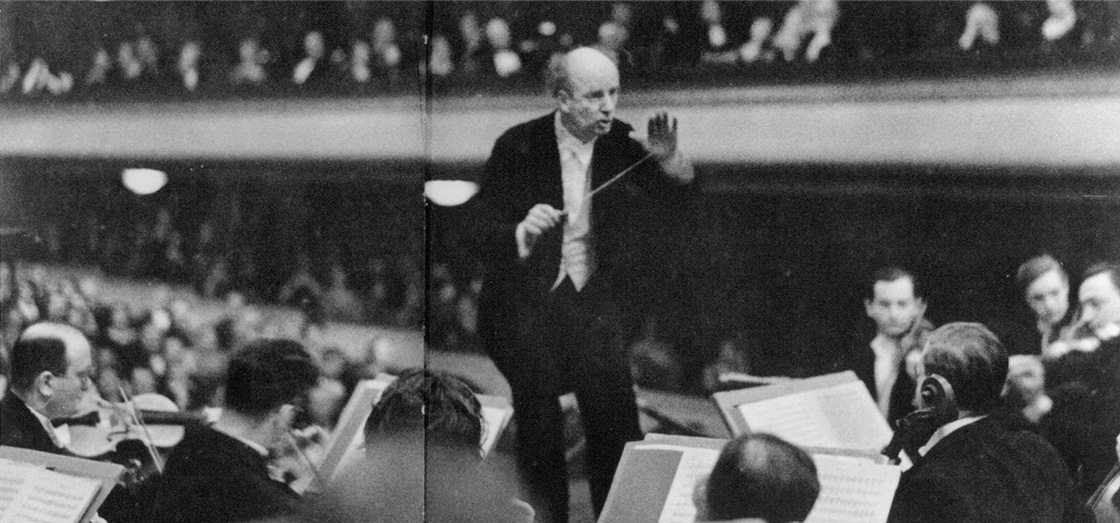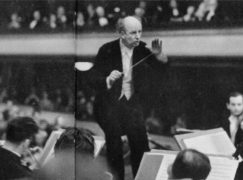‘The life of Furtwängler is a grand improvisation’
mainIn the latest of my DG videos, I look at the trajectory of Furtwängler’s career.


In the latest of my DG videos, I look at the trajectory of Furtwängler’s career.

For 38 consecutive years, the Last Night of…

The Concertgebouw’s Mahler festival has its first jump-in….

The death has been made known fo Joel…

The death has been published today of Adrian…

Session expired
Please log in again. The login page will open in a new tab. After logging in you can close it and return to this page.
Comments